Noticing water coming from your furnace is a worrying experience! Nevertheless, chances are that this problem is less severe than it may seem. There are several reasons your furnace might leak or leave pools of water around it. Luckily, most of these reasons are not that serious and can be fixed relatively easily.
This article will explain why your furnace may be leaving pools of leaking water underneath and around it. Also, you will learn how this issue can be fixed.
You will learn how serious this problem is and whether you need to worry from the very beginning. As a result, you will be prepared, and seeing a leaking furnace will not be a big deal for you to cope with it.
Why There Is Water Leaking From Furnace When AC Is On?
If water is leaking from your furnace, there can be several different reasons for this. People often think something is broken when they see water around the furnace, but it’s not necessarily the cause. In some cases, you will need to act quickly and fix the cause of the leakage since it may result in serious aftermath!
In addition, different types of furnaces develop this problem for different reasons. For instance, if you have a leaking conventional furnace, the cause of the leakage might be different from the cause for a high-efficiency unit.
But mostly, water appears because of way less severe problems and malfunctions. Below, you can check out the most common reasons for a leaky furnace.

Why Your High-Efficiency Furnace Is Dripping Water When AC Is On?
Newer high-efficiency furnaces tend to develop leaks much more often than conventional furnaces. The reason is the design of high-efficiency furnaces and the way of their work. See, unlike conventional furnaces, their high-efficiency cousins contain two heat exchangers instead of just one.
This secondary heat exchanger allows these newer furnaces to get more energy from the fuel because the furnace is burning it longer and more efficiently. This added time also means that the combustion gases created by the fuel-burning process have more time to cool down before they get expelled through the exhaust system.
When these gases cool down, they create condensation. This condensation is precisely what makes them more prone to leaking! This condensation development means that high-efficiency furnaces need to drain the water away from the system somehow. This is usually accomplished using a drain line, drain pan, and floor drain.
Any clogs, leaks, or damage in these components can lead to water leaking out of the furnace instead of draining away as it should.
A clogged condensation line can cause leaks but can also lead to another issue. It may cause water to build up inside the drain pan and, sooner or later, overflow. This is the same issue that causes the drain pan to rust or develop leaks.
A clogged floor drain can also make water pool around the furnace unit instead of going into the sewage system. However, in this case, it is more of a plumbing problem than an HVAC issue.
It may all sound too terrifying, but the good news is that most of these issues are relatively easy to spot and repair!
Unfortunately, there is a problem that can cause high-efficiency furnaces to leak, and this one is considered much more severe!
If a secondary heat exchanger is broken or malfunctioning, it can also cause water leaks. And if this is the case, there is usually only one option left for you: to replace the furnace.
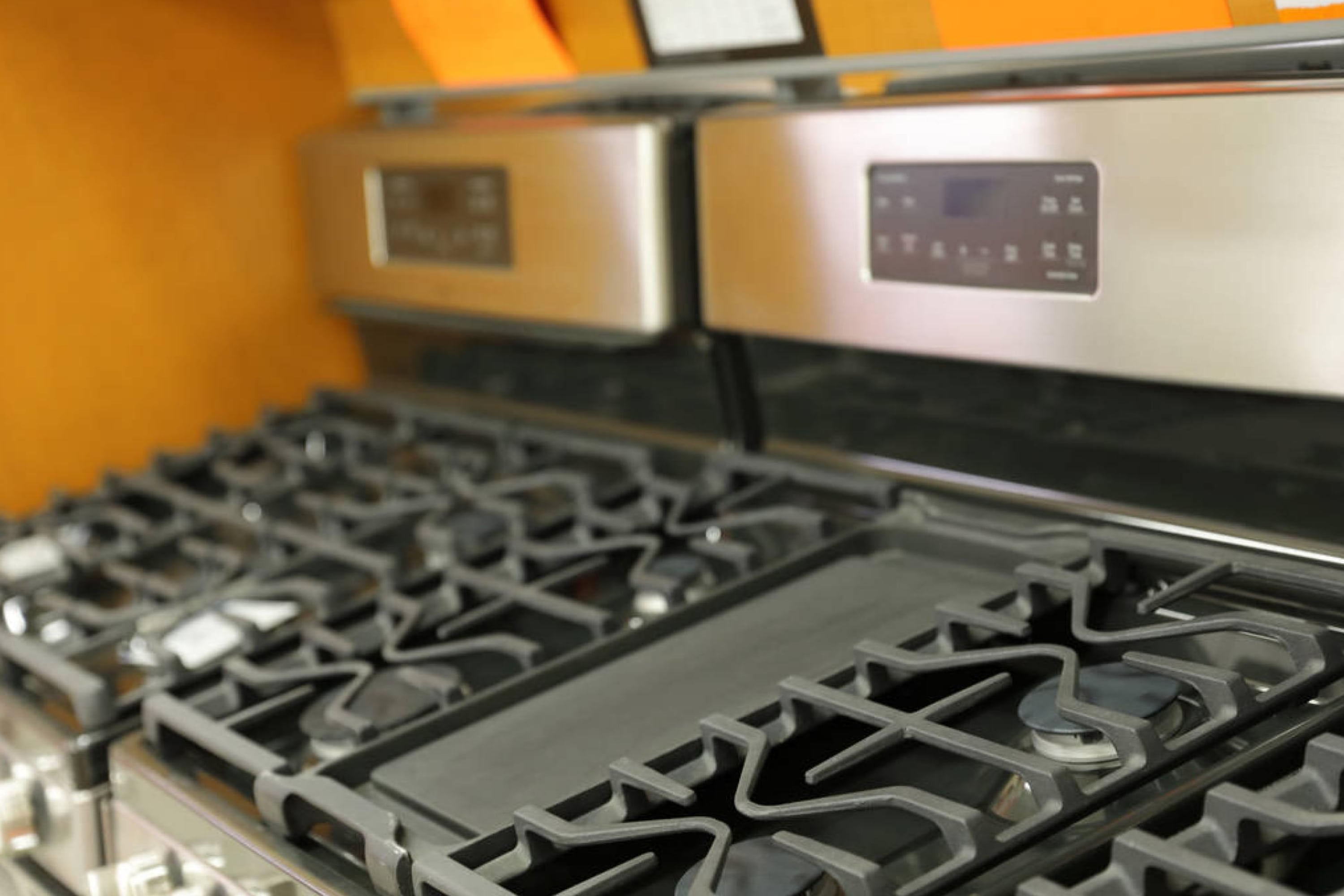
Why Is There Water Coming Out of Conventional Furnace?
Now, let’s move to conventional furnaces. When such a furnace is working correctly, it doesn’t produce condensation. As a result, this kind of furnace is less prone to leaks.
If the system leaks, it is almost always due to an improperly designed or poorly fitted vent pipe. These problems can lead to the combustion of gasses from the furnace accumulating inside the vent pipe longer than they should, instead of being removed outside the home instantly.
When this happens and the issue is left unattended, the gases will cool down, eventually resulting in condensation. If you notice water leaking from the vent pipe itself or if the vent pipe has no slope, this is almost always the issue you are dealing with.
Now you know about the fundamental reasons for a leaking furnace. We explained why it could happen and provide you with more information depending on your furnace type. With all this in mind, it will be easier to figure out why you may find water accumulated around your furnace unit.
However, there are a few other reasons that can be a culprit, so we find it necessary to let you know about them as well, although they are less frequently faced by homeowners.

Other Reasons For Water Leaking From AC And Around Your Furnace
Besides the issues listed in the sections above, several other issues can also lead to your furnace leaking. If you notice water leaking around your furnace after running your air conditioner, make sure you check your furnace and your AC unit for the following possible causes:
- It can be an issue with your air conditioner or whole-home humidifier.
- The condensation from your AC might be the real culprit. In this case, a broken or clogged condensation line or floor drain might be an issue.
- You might be running your furnace and air conditioner within a short period of time, which can overwhelm the drain pan and cause it to overflow.
Finally, if you have a whole-home humidifier, this could be the factor that is causing the water leaks. See, these systems are installed directly into your HVAC system, and they use a steady flow of water in order to increase the home’s humidity level.
This water can make humidifiers more prone to leaking with the flow of time. The good news is that it is usually relatively easy to check if the humidifier is the culprit.
You simply need to inspect the outside of the unit and the feed line and drain line to see if there are any visible signs of leaks, clogs, or damage.
What to Do If Furnace Is Leaking?
If you see water dripping in the furnace, it’s natural to feel uncertain of what to do next and how to fix it! In order to be able to act quickly and fix the issue as soon as it appears, you should calm down and follow a simple guide that will help you deal with the trouble:
- Turn off your HVAC first of all! If you notice your furnace leaking when the AC is on, your first move is to turn off your HVAC system. You can do it by turning the off switch off. But if it is blocked, you can turn it off at the fuse box.
- If you have a Wet Vac (a hoover that can suck up water), use it to remove any standing water. Standing water is dangerous since it can damage your floor/carpeting or cause an electrical fire if it comes into contact with an outlet!
- Clean the water pooled up around the base after turning off the furnace. Use napkins or towels, but a wet-dry vacuum is the fastest way to do this.
- Clean up the water inside the furnace. Just unscrew the front panel of the unit and wipe the water inside.
- Check if the air filter is clogged or dirty. It could be a possible cause of the leak, and buying or installing a new one could probably solve it.
- Call an HVAC technician for emergency furnace repair services!
In general, this is a simple instruction any homeowner can follow. But if you are uncertain whether it’s safe to touch your furnace, or you are not sure you will be able to do everything right, you better call an HVAC technician.

How Dangerous Is It When Your Furnace Is Leaking?
People often get frightened by the sight of a furnace surrounded by a pool of dripping water! And it’s easy to understand their worries because there is always a threat of an electric circuit or even a fire!
However, a leaking furnace does not always pose an immediate risk to your safety. However, it can indeed compromise your comfort in most cases! Anyway, if you don’t address the leaking problem in time, it will sooner or later become costly to repair.
So what can happen if your leaking furnace is left unattended?
- A leaking furnace can cause rust, eventually destroying the unit’s working parts.
- A leaking furnace will increase the inefficiency of the unit’s performance and lead to breakdowns and pricey repairs.
- Rust may develop a crack or a hole in the heat exchanger, resulting in exposure to harmful gases! Since those gases are toxic, inhaling them can severely damage your overall health!
- A leaking furnace can damage the electrical components of the unit. For instance, if the furnace gets damaged, it can stop working at all.
So if you see water leaking (and especially if it’s leaking into the circuit board!), note that it will have to be replaced as soon as possible! Call a qualified HVAC service professional for emergency furnace repair before things get worse!
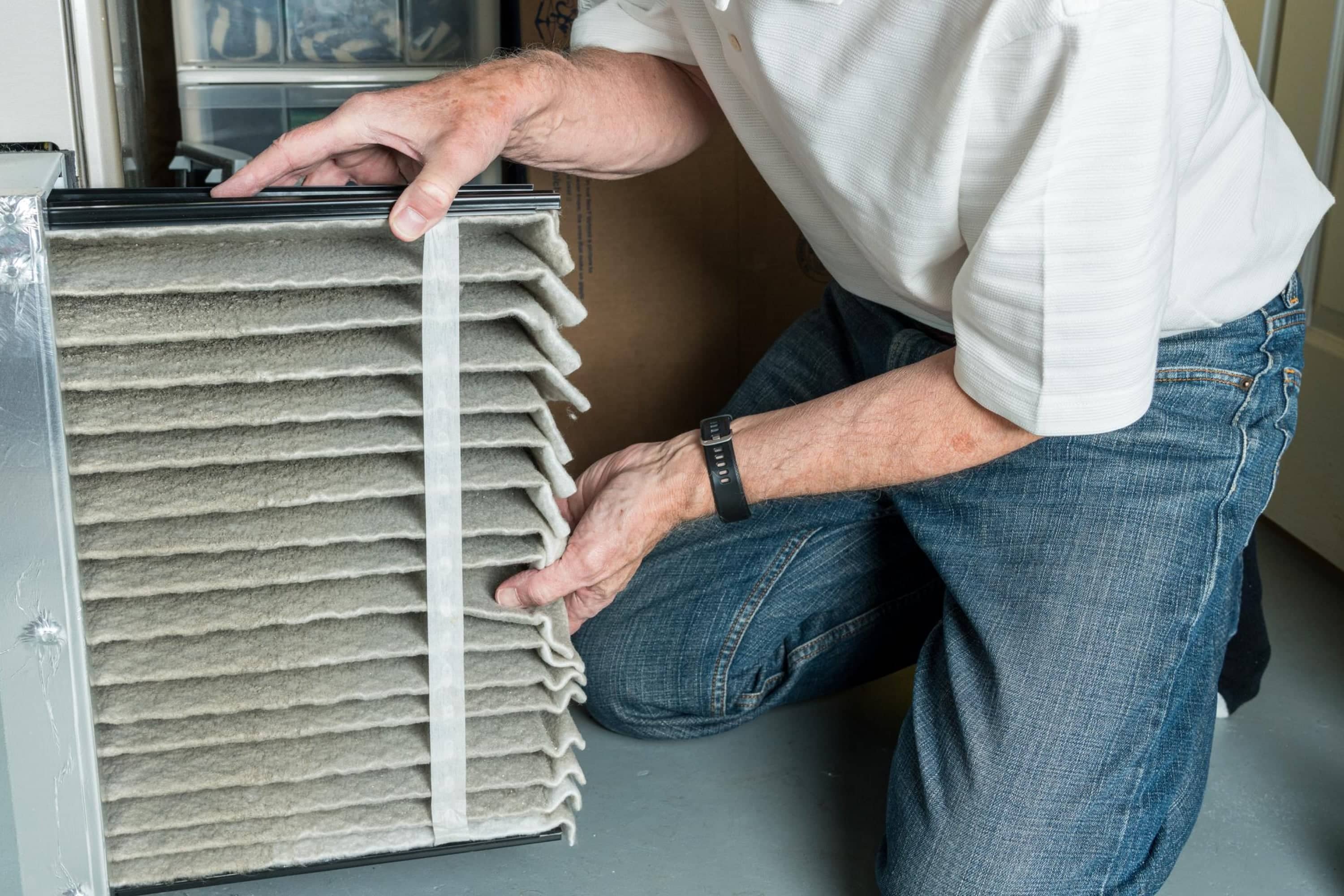
How to Prevent Furnace Issues in the Future?
If you have a leaking furnace, it may cause you many problems and headaches! First of all, fixing a leaking furnace unit is usually quite expensive, no matter how severe the repair should be.
The repair cost can be more than $300, depending on your furnace type! In addition, a malfunctioning furnace is always a potential fire hazard, not to mention the threat of gas leakage!
Luckily, there is something you can do in order to prevent leaks from happening in the future.
- Schedule routine maintenance to keep an eye on your furnace.
- Hire qualified technicians to inspect and tune up your furnace each year.
Asking professional HVAC experts for help is actually the best and the wisest thing you can do. They will be able to identify even the minor signs of an impending problem and prevent it from happening.
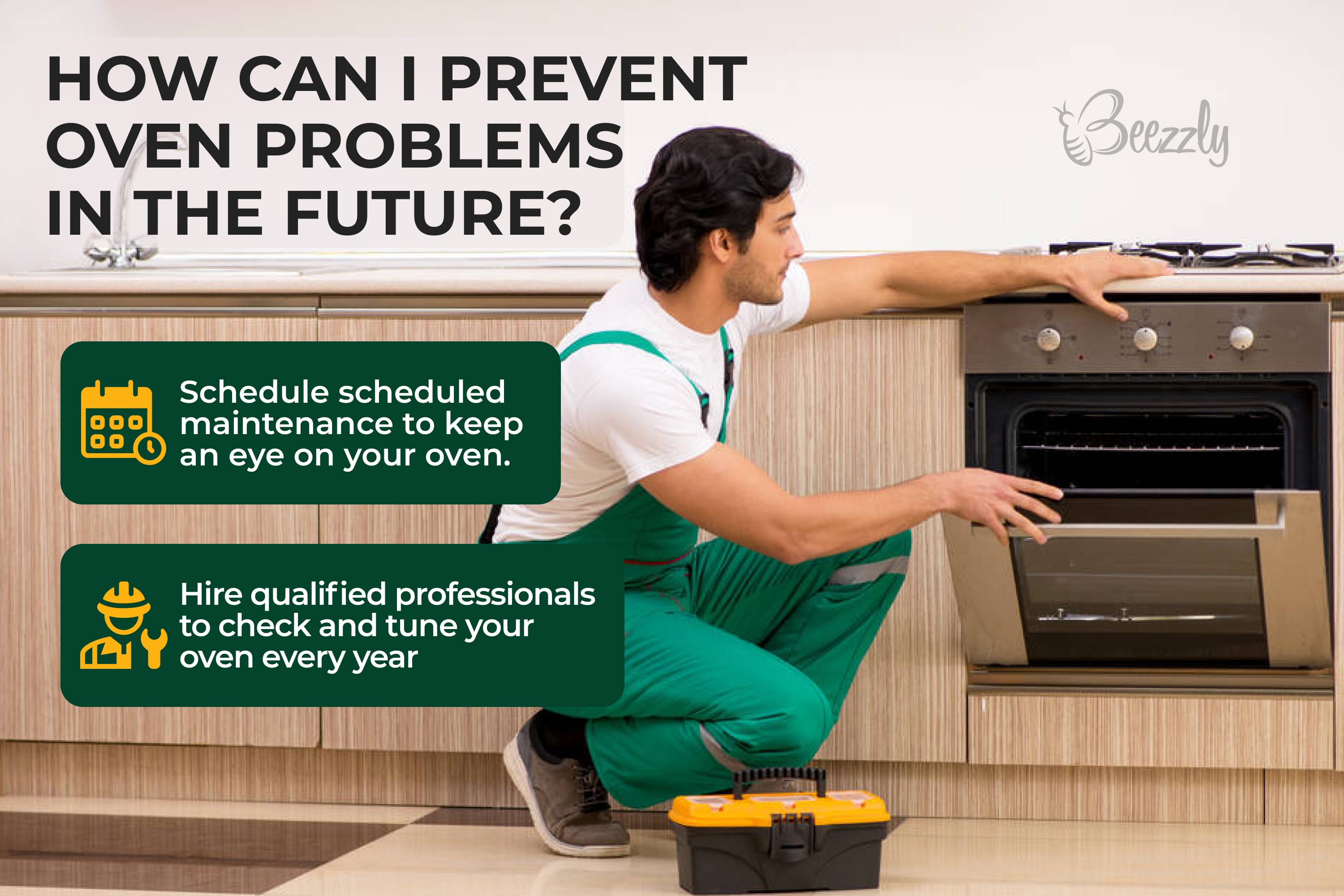
As a result, your furnace will be properly protected from things like clogs or leaks that could be costly to repair later on.
In addition, with the help of regular HVAC maintenance, you will help your furnace unit to last much longer, keeping the utility bills under control. Finally, if there is already a leak, experienced HVAC professionals will be able to diagnose its cause and decide how to fix it to prevent the problem from occurring again.
Now you know the reasons why water may be coming from the furnace. We explained why it happens with newer types of furnaces like high-efficiency furnaces.
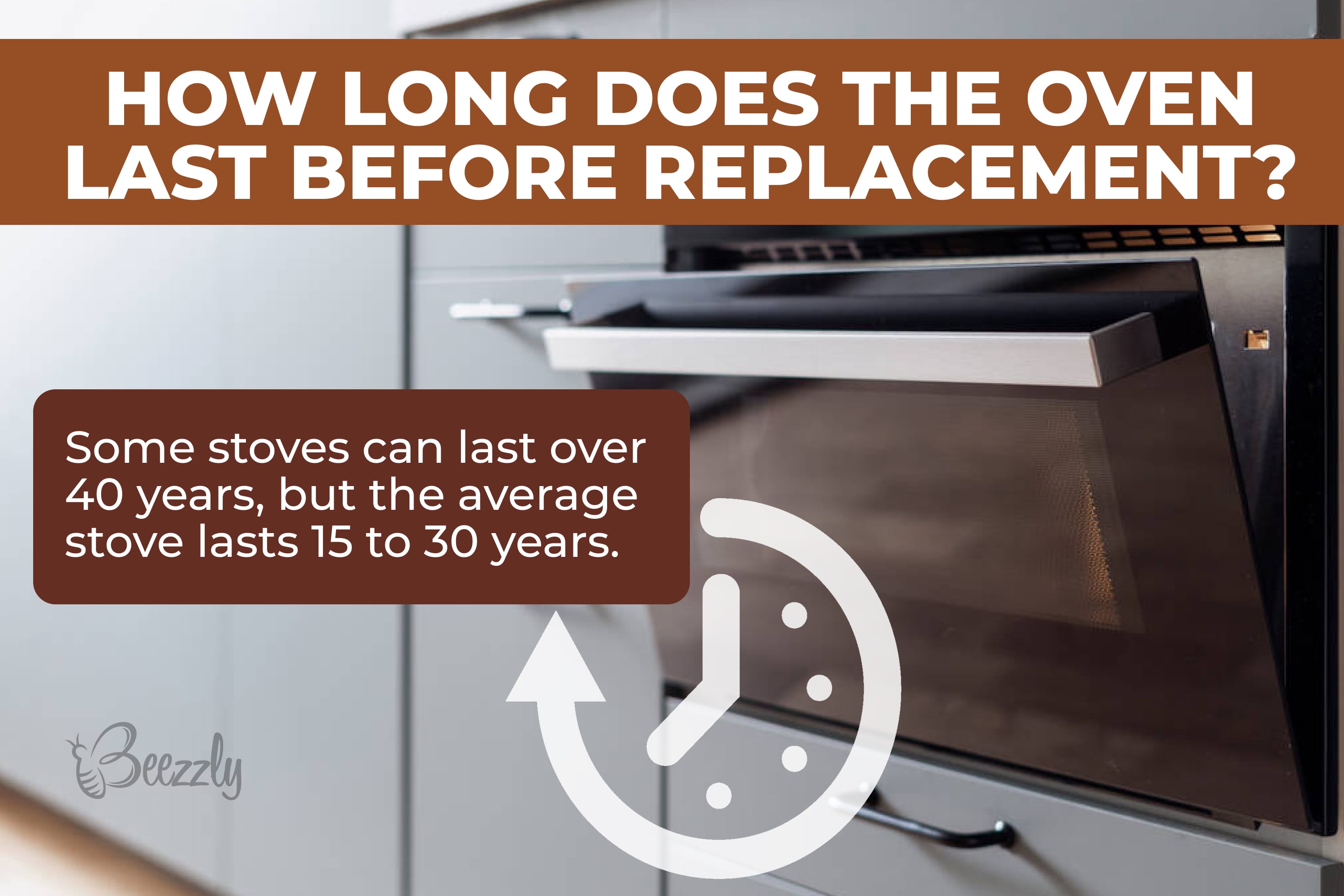
Also, you learned why water might start dripping from an older version of a unit like a conventional furnace. Moreover, now you are aware of a few simple steps that can help you spot the occurring problem and get it fixed in time instead of waiting until it turns into a costly monster!
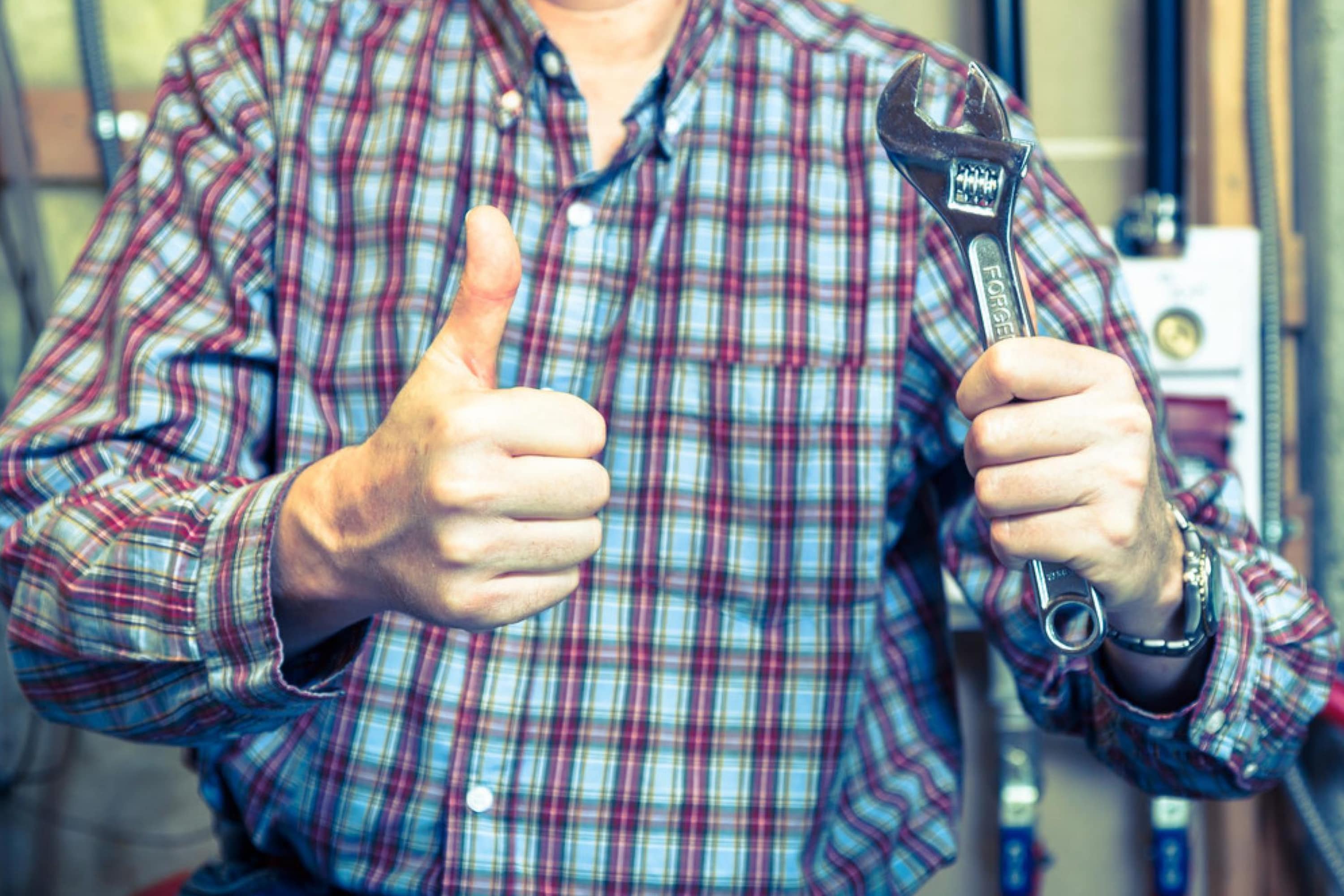
[wp-faq-schema title=”Frequently Asked Questions”]
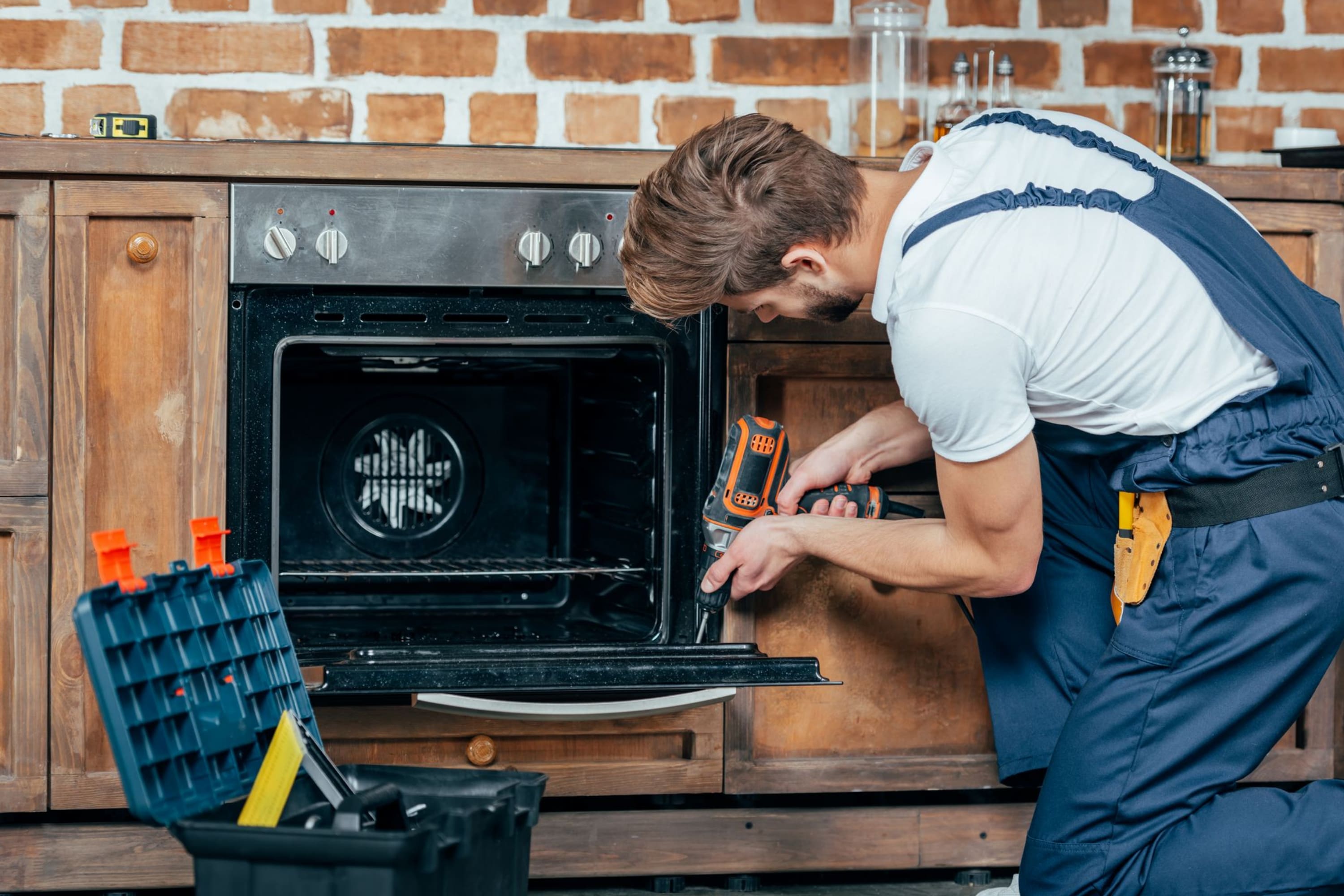
We’ve recently bought a cabin, and there’s a pretty old furnace (I guess it’s around 20-25 y.o.!). So here’s the question: shall we replace it?
Well, I’d say that if your furnace is 25 years old or more, it’s probably near the end of its lifespan. However, this shouldn’t be the end! You might want to replace it if it’s not working correctly, or it could keep on working if it’s still doing ok!
Is it normal that there’s always condensation around the furnace unit in winter? There’s not much water in fact, it’s not even dripping, but the furnace looks like it’s covered with dew!
Hmm, I guess it might be more or less normal as long as this “dew” doesn’t make your furnace performance worse. But if I were you, I’d call an HVAC technician to come and take a look at it!